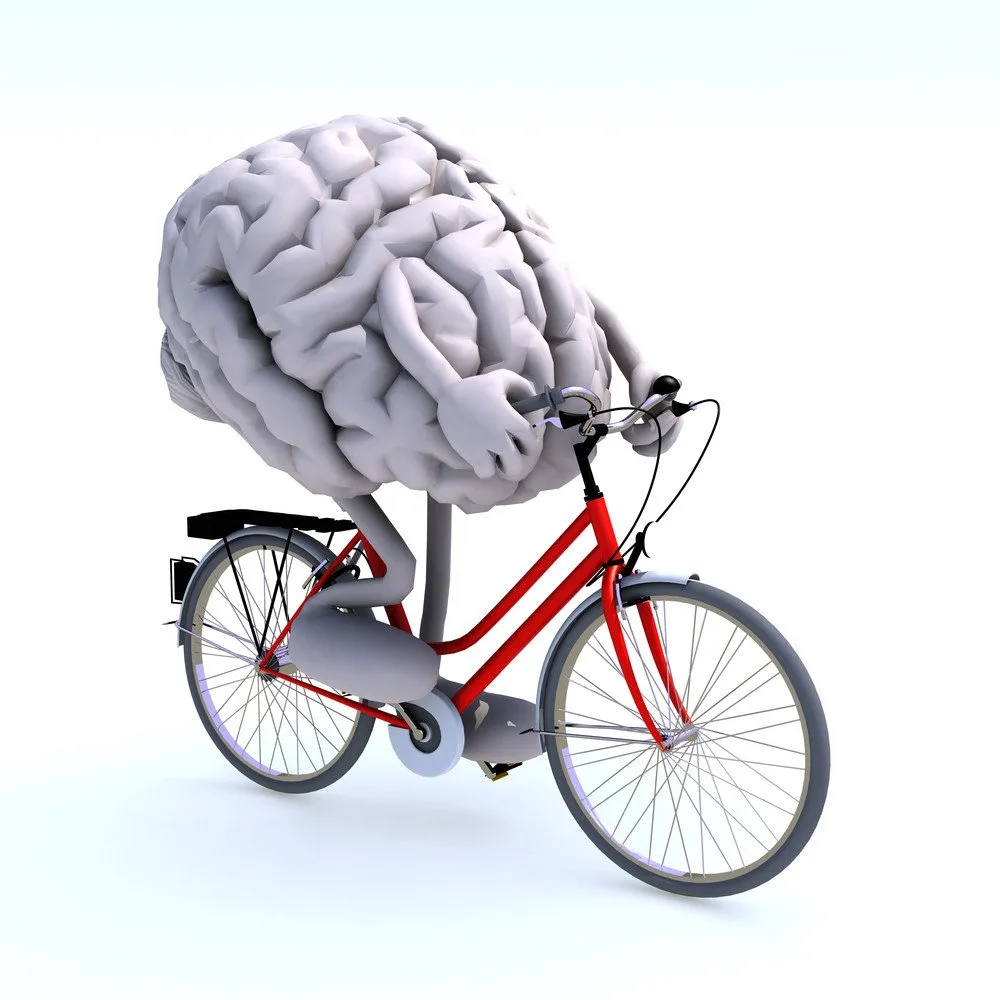News Alert: Parkinson’s patients’ motor and non-motor symptoms improved with a weekly exercise regimen that included physical and cognitive tasks. This is according to new research presented on 16 December 2019 at The Physiological Society early career conference. The conference was titled Future Physiology 2019: Translating Cellular Mechanisms into Lifelong Health Strategies.
Active Lifestyle and Parkinson’s
Parkinson’s Disease is a chronic neuro-degenerative disease that can lead to disability and make it harder to lead an active lifestyle. Previous research has shown that either physical or cognitive exercises are effective at improving and sustaining cognitive and/or physical function in people with Parkinson’s.
However, doing different types of exercise (e.g. circuit training also including cognitive challenges), may be more beneficial in improving motor and non-motor symptoms.
Researchers at the University of Kent studied Parkinson’s patients that performed a weekly multi-modal regime (physical and cognitive exercises). This group participated in weekly exercise sessions for over a year and were assessed every four months for at least a year (some participants continued on for two or three years).

Improvement in Parkinson’s patients
This once-a-week exercise programme with both physical and cognitive exercises for Parkinson’s disease patients showed an improvement. Specifically in one-minute sit-to-stand tests and a cognitive test called MiniMental, but no other significant changes (i.e. no decline) in cognitive and physical health. This is especially positive as Parkinson’s is a degenerative disease. So the expected outcome, without any interventions, for these symptoms, would be a decline.
Bottom Line
These findings are important because they could allow Parkinson’s disease patients to see improvements in their symptoms by correctly tailoring their exercise regimens to include both physical and cognitive exercise.
Anna Ferrusola-Pastrana, a researcher who was involved with the work said: “Finding the right set of exercises, both cognitive and physical, to improve Parkinson’s treatment is an important step towards giving Parkinson’s patients a better quality of life. This research is working towards honing this set of exercises, which can then potentially be performed by patients, with or without assistance at home.”
References
- Link to abstract at programme link, page 68: https://www.physoc.org/events/
future-physiology-2019/#tab-02 - The Journal of Physiology publishes advances in physiology which increase our understanding of how our bodies function in health and disease. http://jp.physoc.org
- The Physiological Society brings together over 4,000 scientists from over 60 countries. The Society promotes physiology with the public and parliament alike. It supports physiologists by organising world-class conferences and offering grants for research and also publishes the latest developments in the field in its three leading scientific journals, The Journal of Physiology, Experimental Physiology and Physiological Reports. www.physoc.org





![women [longevity live]](https://longevitylive.com/wp-content/uploads/2020/01/photo-of-women-walking-down-the-street-1116984-100x100.jpg)









